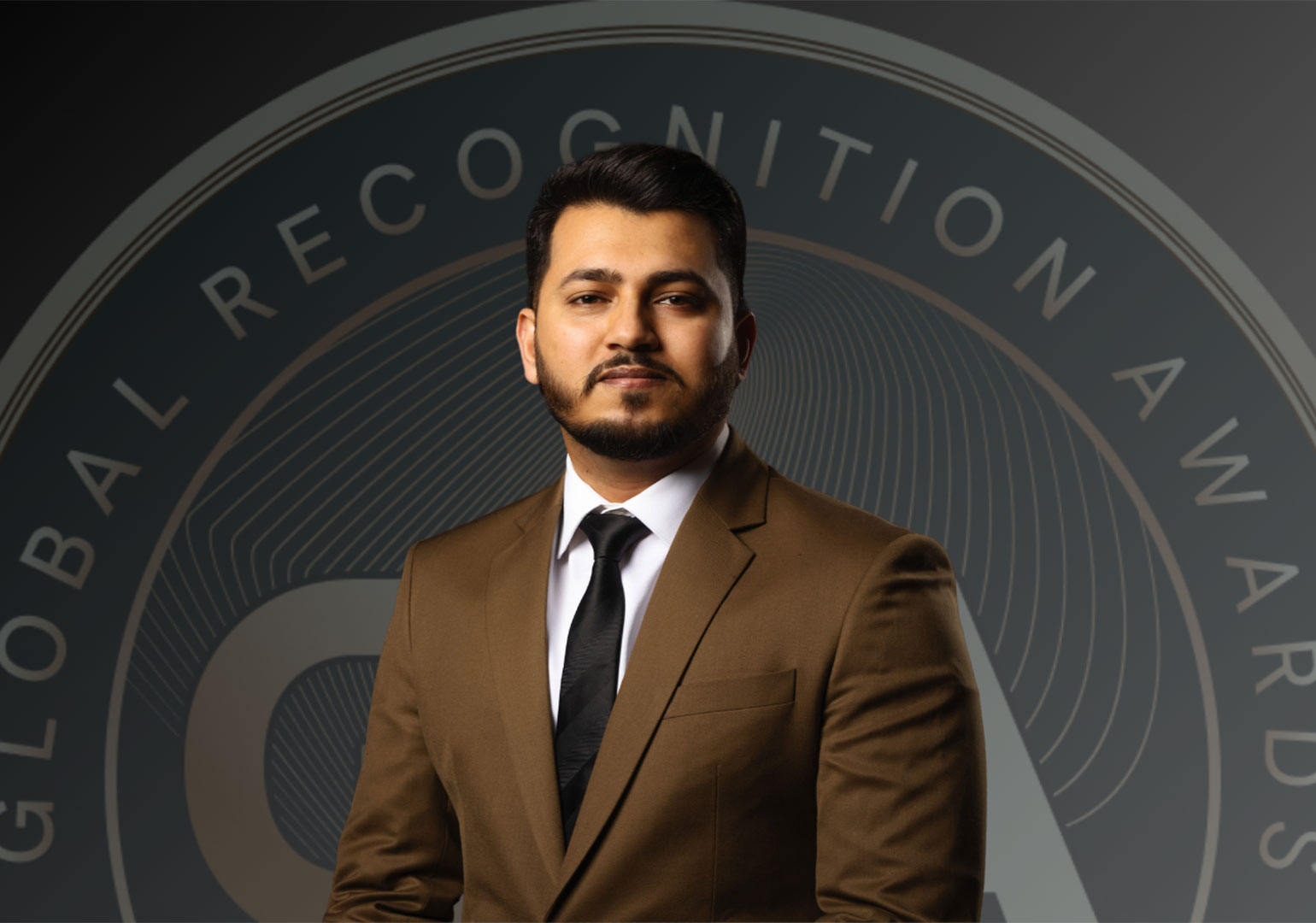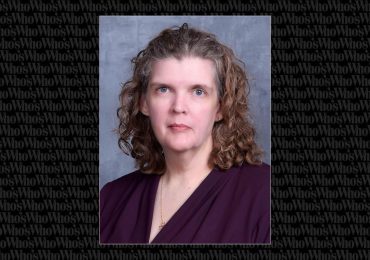Photo Courtesy of Md Nagib Mahfuz Sunny
Md Nagib Mahfuz Sunny, an IEEE Senior Member and researcher specializing in healthcare data analytics, has spent years studying how predictive modeling can improve patient care. His work analyzes vast datasets to identify trends that help medical professionals make informed decisions. He aims to reduce hospital readmissions, optimize treatment plans, and enhance clinical efficiency by leveraging statistical models.
One of his most recognized contributions is the study “Optimizing Healthcare Outcomes through Data-Driven Predictive Modeling.” The research outlines methods to forecast patient deterioration, allowing healthcare providers to intervene earlier. “Predictive modeling is not about replacing medical professionals, but equipping them with better information,” Sunny says. His findings, published in academic journals, highlight how predictive algorithms can analyze symptoms and risk factors to suggest early interventions, reducing emergency cases and improving long-term patient management.
The impact of predictive analytics is evident in hospitals implementing data-driven decision-making. A Journal of Medical Internet Research study found that predictive models reduce emergency visits by 15 percent and lower hospital-acquired infections by 10 percent. Sunny’s research aligns with this data, demonstrating how structured analysis of patient records can lead to tangible improvements in care delivery.
Using Data to Detect and Prevent Fraud in Healthcare
Beyond clinical applications, Sunny has led projects tackling inefficiencies in the healthcare system, particularly fraud detection in Medicare and Medicaid. According to the National Health Care Anti-Fraud Association, fraud claims cost the U.S. healthcare system an estimated $60 billion annually. His research in anomaly detection uses machine learning algorithms to identify irregular billing patterns and flag potential abuse.
Sunny worked with interdisciplinary teams to develop automated fraud detection systems, bringing together specialists in information science, business analytics, and engineering. “Healthcare fraud is not just an economic issue, it affects the quality of care,” he explains. He argues that reducing financial waste can allocate more resources toward patient services and infrastructure improvements.
Hospitals and insurance providers adopting similar fraud detection models report significantly reducing unauthorized claims. According to the Centers for Medicare & Medicaid Services, data-driven fraud detection methods have saved taxpayers approximately $1.5 billion in recent years. Sunny’s contributions highlight how data analytics can enhance not just medical treatment but also the efficiency of healthcare administration.
Advancing IoT-Based Diagnosis for Chronic Conditions
Sunny has also contributed to developing diagnostic frameworks that integrate the Internet of Things (IoT) with artificial intelligence. One of his projects involves an adaptive neuro-fuzzy inference system (ANFIS) for diabetes diagnosis. It uses sensor-based technology to monitor glucose levels and predict fluctuations before they become critical.
According to the Centers for Disease Control and Prevention (CDC), diabetes affects over 37 million Americans, with many cases leading to complications due to delayed intervention. IoT-based monitoring systems have been shown to reduce hospital admissions for diabetes-related emergencies by up to 20 percent. Sunny’s work focuses on creating predictive algorithms that alert healthcare providers about potential complications, allowing for timely interventions.
“Technology should work with medical professionals to improve patient care,” Sunny notes. His research on AI-driven diagnostic tools aims to provide doctors with real-time insights, reducing human error and improving diagnostic accuracy. His findings contribute to ongoing efforts to integrate AI into mainstream healthcare, particularly for managing chronic conditions that require continuous monitoring.
Bridging Data Science and Community Healthcare
Sunny’s research extends beyond large-scale hospital systems. He has applied data-driven strategies to community clinics, focusing on improving operational efficiency and patient outcomes. As a healthcare data analyst at the Children’s Clinic of Michigan, he has developed models to streamline patient scheduling and optimize resource allocation.
These models have helped the clinic reduce patient wait times by an estimated 25 percent while improving staff efficiency. A report from the Agency for Healthcare Research and Quality supports using predictive analytics in smaller medical settings, stating that efficient scheduling systems can reduce unnecessary hospital visits by up to 30 percent. Sunny’s work reinforces these findings by demonstrating how data-driven strategies can improve healthcare access at the local level.
His contributions to community health also include volunteer work, where he has used data analysis to improve service delivery in home care settings. His efforts have helped community organizations allocate personnel more effectively by tracking patient interactions and resource usage, leading to better care for vulnerable populations.
The Role of Big Data in Future Healthcare Innovations
Sunny’s forthcoming book, “Big Data Analytics in Healthcare: Predicting Patient Outcomes and Improving Clinical Decision-Making,” explores how healthcare institutions can integrate data science into everyday practice. He outlines how AI, IoT, and cloud computing will influence decision-making in hospitals and community clinics.
A McKinsey & Company report estimates that AI and machine learning could generate up to $100 billion annually in savings for U.S. healthcare through improved diagnostics and operational efficiencies. Sunny’s research supports these projections, emphasizing the need for ethical data use and transparent AI adoption in medicine.
Sunny remains focused on refining predictive models and fostering collaboration between data scientists and medical professionals as healthcare technology evolves. “The goal is not to replace human judgment but to enhance it with data-driven insights,” he says. His contributions underscore how healthcare analytics can shape the future of medicine, making patient care more efficient, precise, and accessible.

















